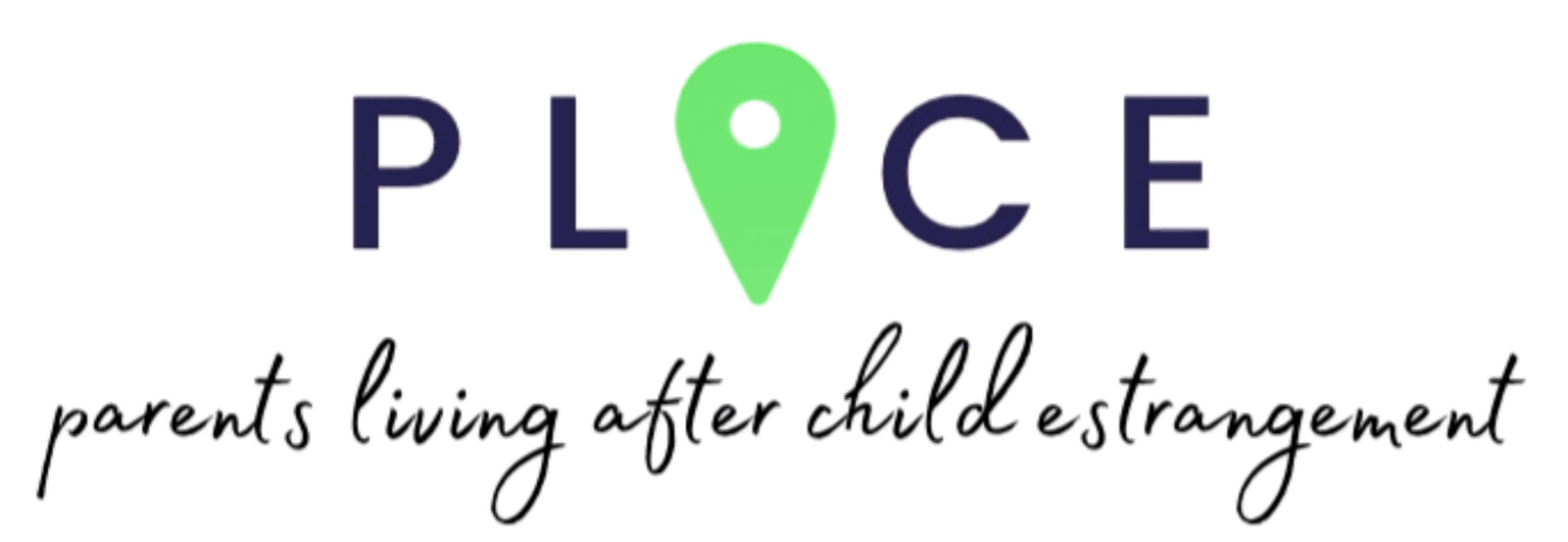(By Brian Briscoe, LPC, LMFT — Founder of PLACE)
Hi there. I’m Brian.
If you’re reading this, estrangement may have already landed in your life. Perhaps your adult child has created distance—possibly abruptly, irrevocably. This silence leaves you longing for answers: Why did they turn away? Where did we go wrong?
Let’s explore those questions together.
Estrangement Isn’t Always About Blame
First, I want to say something important:
Estrangement is rarely the result of one isolated misstep.
It’s often shaped by a combination of factors—wounds both seen and unseen, unspoken expectations, and emotional patterns that may have been present for decades. That’s why I hesitate to use words like “fault.” Instead, I prefer context and understanding.
Common Reasons Adult Children Distance Themselves
1. Unresolved Trauma or Emotional Wounds
Sometimes the estrangement stems from traumatic experiences—perhaps emotional neglect, criticism, addiction, or even generational dysfunction. Rehashing those experiences may feel safe for your child, or simply triggers the response: “I need distance to protect myself.”
2. Boundary Issues (Or Lack Thereof)
If parents frequently violate personal boundaries—or fail to honor individual autonomy—a child might withdraw to protect their emotional well-being.
Understanding boundary styles can be helpful. Rigid or porous boundaries, we now know, often cause breakdowns in relationships. Children may emotionally distance themselves to assert independence or regain control.
3. Mental Health & Self-Protection
Often, adult children wrestle with issues like anxiety, depression, or PTSD. The stress of familial conflict might feel unsafe, and distancing becomes a way to cope.
When therapy or mental health care is delayed or denied, estrangement may follow—not as revenge, but as an act of self-preservation.
4. Misalignment of Identity & Values
As children become adults, their worldview may shift—politically, spiritually, or culturally. If a parent cannot adapt to or accept those changes, the resulting tension can trigger estrangement.
5. Influence of Outside Relationships
Sometimes estranged children are influenced by outside parties—partners, in-laws, or peer groups—who cast parents in a negative light. Whether or not that narrative is accurate, it can feel more convincing if emotions are already fragile or unaddressed.
Why These Reasons Matter (Even If It Hurts to Admit Them)
Understanding the why doesn’t excuse the estrangement—but it does allow space for healing.
Instead of:
“My child hates me.”
You might think:
“They felt unheard, unsafe, or unseen.”
That shift in perspective reduces shame and increases curiosity—which invites self-reflection, growth, and possible reconnection.
What Happens in Therapy & Support
If you join therapy or the peer support groups at PLACE, we often explore:
- Patterns from your childhood that influence family dynamics
- Emotional triggers on both sides
- Practical path toward healthier communication and self-protection
Sometimes the path forward involves both sides seeking therapy. Sometimes it involves healing within yourself alone.
Our therapy services page outlines modalities like Narrative Therapy, Cognitive Behavioral Therapy, Motivational Interviewing, and Somatic Therapy—each suited to different needs.
If You’re Scared to Face This… You’re Not Alone
So many parents avoid reflection because they fear it means guilt. But healing doesn’t demand blame. It demands honesty.
In our support groups, I’ve witnessed parents say:
“I was afraid that looking at my part meant accepting blame. But it meant I could make changes.”
That shift can bring clarity—even if reconciliation never happens.
Phrases That Often Signal Estrangement Intent
If you heard your child say things like:
- “You never listened.”
- “You always judged me.”
- “I need my own space.”
- “I can’t talk to you right now.”
These statements often reflect accumulated pain. They’re not always accurate—but they matter. Listening to those messages (without defensiveness) can help provide insight, even if healing happens only within you.
Steps You Can Take Now
✅ Reflect — without self-condemnation
Ask tough questions of yourself—but frame them with compassion and openness.
✅ Support — from trauma-informed sources
Whether therapy or peer support, find spaces that understand estrangement trauma. PLACE offers both.
✅ Self-Protect — not as control, but as boundary
If contact with your child remains painful or abusive, remember: it’s okay to limit or pause it for your own emotional safety.
✅ Reconnect — mindfully, respectfully
If you decide to reach out, do so with open-ended messages—no blame, no pressure. Something like:
“I respect your space and am here if you ever want to talk—no expectation, just listening.”
A Final Word
Understanding why your child estranged themselves is not about assigning blame. It’s about giving language to a reality that’s been confusing, painful, and isolating. With clarity, you can reclaim your sense of self—and open a space for healing, whether reconciliation happens now, later, or not at all.
If you want help navigating this process—with kindness, experience, and no pressure—you can learn more on our services page or reach out directly.
You’re not alone. Healing is possible. Compassion is available—even in the absence of answers.
With care,
—Brian



